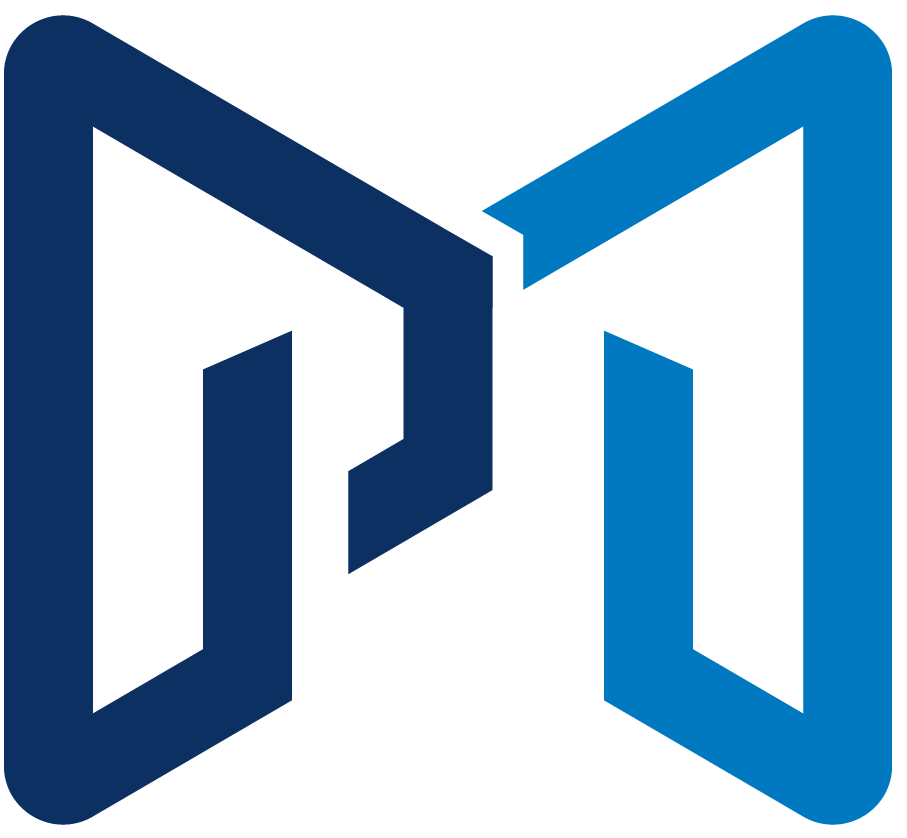Pull up any results page for a “how” or “why” query, and you will see the ground has shifted. Google’s AI Overview block now occupies roughly a third of the screen and usually sits ahead of a People Also Ask box after a single organic listing. Leaving the search results takes two taps: one on the carousel of cited sources and another on the source itself. Even if your article survives that obstacle, the reader must still scroll past PAA accordions, a video widget and a wall of blue links. Little wonder many sites are watching clicks plunge by sixty percent or more while their rankings remain the same.
The playbook below shows how to reclaim visibility, clicks and conversions.
Why the Click Curve Got Steeper
- AIO real estate: The overview hands the answer to the user immediately, so fewer searchers bother clicking anything underneath.
- PAA stacking: People Also Ask boxes often appear right after result number one, inviting users to explore answers without leaving the results page.
- Answer in SERP behaviour: A brief definition, list or statistic satisfies many searchers, so what once generated dependable traffic now produces little or none.
Key takeaway: A high rank by itself is no longer enough. You must earn a citation inside the AI Overview or supply deeper value that entices visitors to click through.
Your Four-Point Guide to Getting Clicks Back
1. Answer What Your Audience Is Really Asking
- Unearth secondary questions with tools such as AlsoAsked and Search Console.
- Lead with a concise, verifiable answer; two sentences work best.
- Use neutral, fact-first language because overviews prefer definition-style snippets.
- Give each micro answer its own H3 heading so Google and skimmers can digest the page instantly.
2. Why Structured Data Still Matters
FAQ and HowTo markup continue to power rich results and also feed future AI models. Tag every eligible section. If your analytics or conversion signals are messy, the workflow using a landing-page optimisation guide shows how to clean up data before layering on schema.
3. Expand Your Authority Across the Web
Google is more likely to showcase sources that are cited elsewhere. Pursue mentions in respected directories, review hubs and partner blogs. Each reference is a relevance vote that nudges your page closer to the overview slot.
4. Double Down on E-E-A-T and Topical Depth
Overview models weigh domain authority before snippet relevance, so add author bios that show real credentials, publish transparent editorial policies, refresh older posts with current statistics and cover every corner of your niche. Even seemingly small choices like picking the right word count for a topic reinforce thoroughness and help Google connect your brand to the subject.
5. Diversify So AI Shock Waves Do Not Sink the Ship
- Email nurture loops keep hard-won visitors engaged and returning.
- Social search on YouTube, TikTok and Reels now drives discovery for countless how-to queries.
- Paid discovery on Reddit, Quora or native platforms puts your answer directly in front of question-askers without relying on Google.
- Community placements in newsletters, podcasts and webinars build brand signals that flow back into search performance over time.
- Post-click optimisation through better lead magnets and friction-free forms ensures that the reduced traffic you do win converts at higher rates, offsetting volume losses.
Key takeaways for the AI search world
AI Overviews are a permanent part of the search landscape, not a passing experiment. Winning in this environment means providing snack-size facts backed by airtight data, surfacing them with structured markup, projecting expertise well beyond your own site and tightening every post-click experience. Follow the framework above, and the clicks that matter will return, feeding the pipeline rather than vanity metrics.
If you prefer to fast-track these changes with an independent Melbourne consultant who caps active projects at five clients, holds a perfect Google rating and delivers custom strategies instead of off-the-shelf packages, start a conversation with us. Together, we can transform AI-era search challenges into the good kind of problems, the ones that begin with “How do we keep up with all these leads?”
